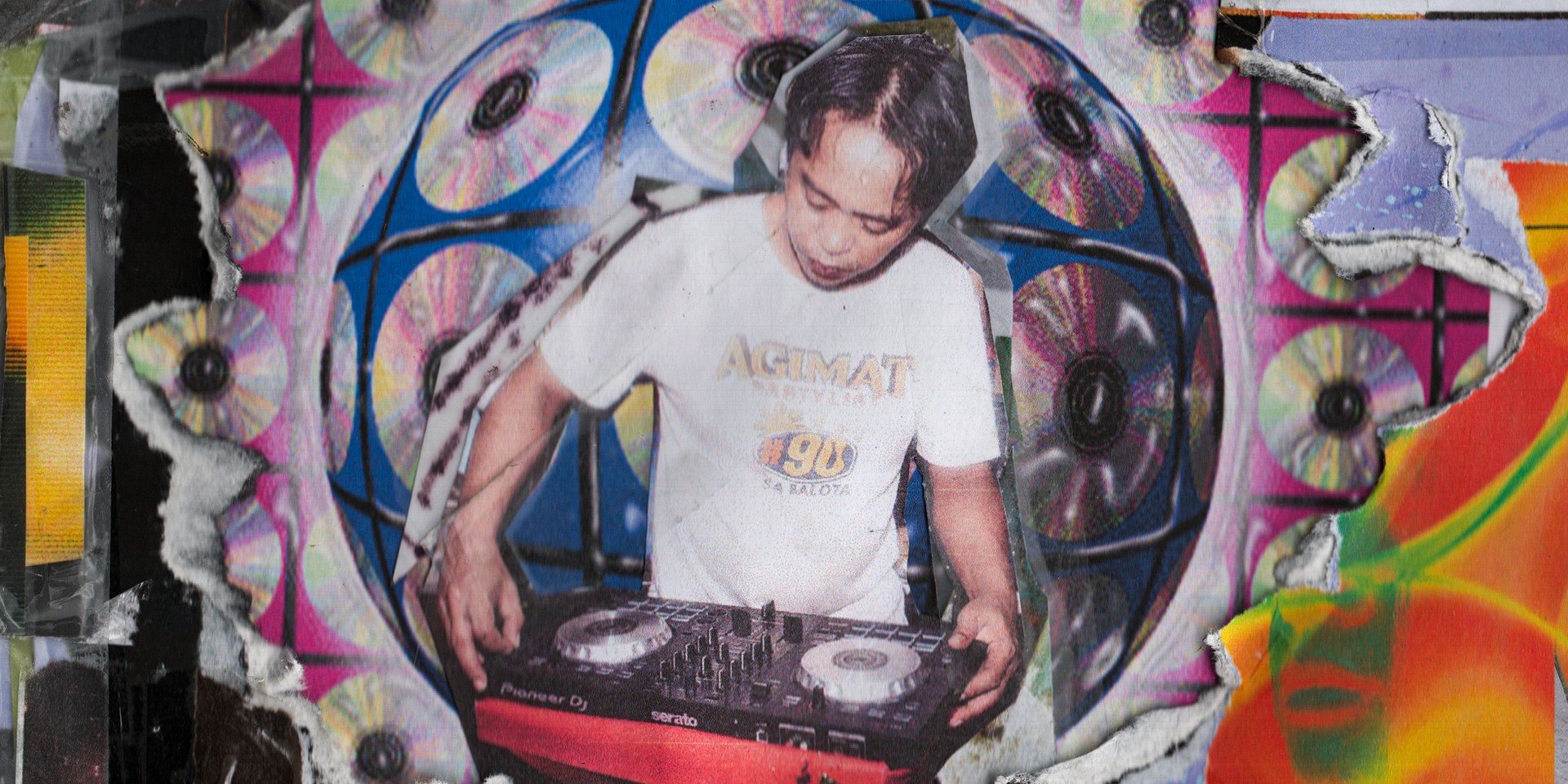Sherwin Tuna, better known as DJ Love, is the godfather of budots. For the better part of the dance genre’s almost 2 decade history, it was little known outside of its birthplace in Davao City in southern Philippines. There, it blared from jeepneys and basketball courts as “camus boys” and “camus girls” freewheelingly danced to budots’ (slang for “slacker” in Visayan) party-forward, 140 BPM pulse. In those earliest days, DJ Love was the genre’s champion - crafting choreography, making dance videos and popularising the genre’s distinct sound.
But in recent years, budots has grown from a provincial niche to a national sensation, and is now on the cusp of a global breakthrough. Exposure on Filipino radio and TV shows led to celebrities jumping on the trend, and even politicians using it to soundtrack their campaigns. Proliferating on YouTube and TikTok, the genre exploded, leading to its biggest stage yet, a spotlight on Manila Community Radio’s Boiler Room showcase last year.
Riding that hard-earned wave, one of the genre’s earliest pioneers is also finally getting his due. Hot on the heels of his catchy new single 'Sabak Sa DJ Basuri’ and a fresh album entitled Budots World (Reloaded), DJ Love talks to us about what the genre means to him.
For the uninitiated, could you explain what budots is?
The budots dance is the dance of “masa” people (the masses/mainstream), or poor people living a simple life who live in the squatter area. I create dance steps inspired by a gangster’s style. Budots music is everywhere. The leads or samples I use in the music you will hear in everyday life - like a lizard noise, or dogs in neighbourhood fighting, or horns and viral TikTok voices.
How has the genre evolved sonically and socio-culturally over the years?
I honestly can't say for sure... maybe the mainstream has shown love and support for it cause they find it fun or maybe it's because we producers of budots just continue to create. We just don't stop making budots because budots are fun... and we also know how to adapt to the trends of what’s "in" or relevant in the music industry in our unique way.
Were you surprised by budot’s global rise in popularity in recent times, and what do you attribute it to?
I'm not surprised because I believe if your live your life fully and enjoy it, well, budots is always there because budots is life. You can hear it anywhere in everyday life. And it will evolve and adapt alongside the life and times of this music industry and scene.
You’ve been involved in the scene for a long time now. How would you describe your personal journey as a DJ and producer?
I create music and choreograph dances based on what I enjoy. That's why whenever I perform at shows, I always prefer to dance. I want to show people how I enjoy the process by dancing so that they understand how budots is created. Its not about how you play or perform the music, its about how you enjoy and feel the music based on the dance steps.
When I produce the music, I also dance in my studio. I need to feel the beat to be able to gauge whether its danceable or not. A lot of DJs criticise me for my style, but there is nothing I can do about that. I enjoy what I play and what I do. Budots is fun! Budots is a way of life. I really don't care what people say, this is me - this is DJ Love and that's the truth about how I create budots.
You were featured on Boiler Room last year! What was the experience like?
During that time my knees were shaking and my mind was calling out the gods in heaven to guide me! I really didn't know what to do, I was so overwhelmed with emotions. I felt like peeing but nothing was coming out. But there's one thing that made me excited for my set - there was a time before my set where I listened to budots on my cellphone via earpods to hype myself up and psyche myself up. My mind was telling me that this was it. It was time to spread budots to the world and share the message that budots is a way of life. Then thats it, I enjoyed it. It was time to share how to have fun to budots.
You just released a fantastic new single called 'Sabak Sa DJ Basuri’. What was the creative process behind the track?
Its just one of the usual tracks I make. It was inspired by my fellow co-producers. And the horn is viral so just like what I said - what you hear in everyday life you also hear it in budots.
Finally, you’ll be playing at the Margins United Festival in September. How do you feel in the lead up to your London debut?
I really dont know to be honest. I'm just thinking and awaiting the next moment when I'm in line to play after the previous DJ. I think only of that moment. You could say I'm a bit excited, and a little nervous.
Like what you read? Show our writer some love!
-

